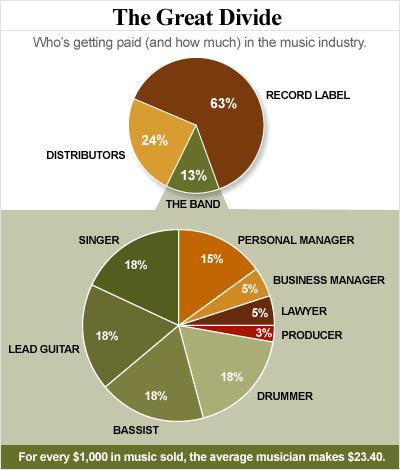Last week we examined the original vinyl record of Live at Leeds. Due to the technological limitations of vinyl, it was only about 45 minutes, give or take a couple, long. The album was rereleased in 1995 on CD, and because that medium is capable of much more time, around two hours, many more tracks were added that had been recorded at the time.
Tonight we shall listen to those tracks and discuss whether or not we think that they are good. I think that they are all no worse than very, very good and that many of them are outstanding. Please listen and tell me what you think. For those of you who have not signed up for an account, please do so so that you can comment in future.
Let us get started.

